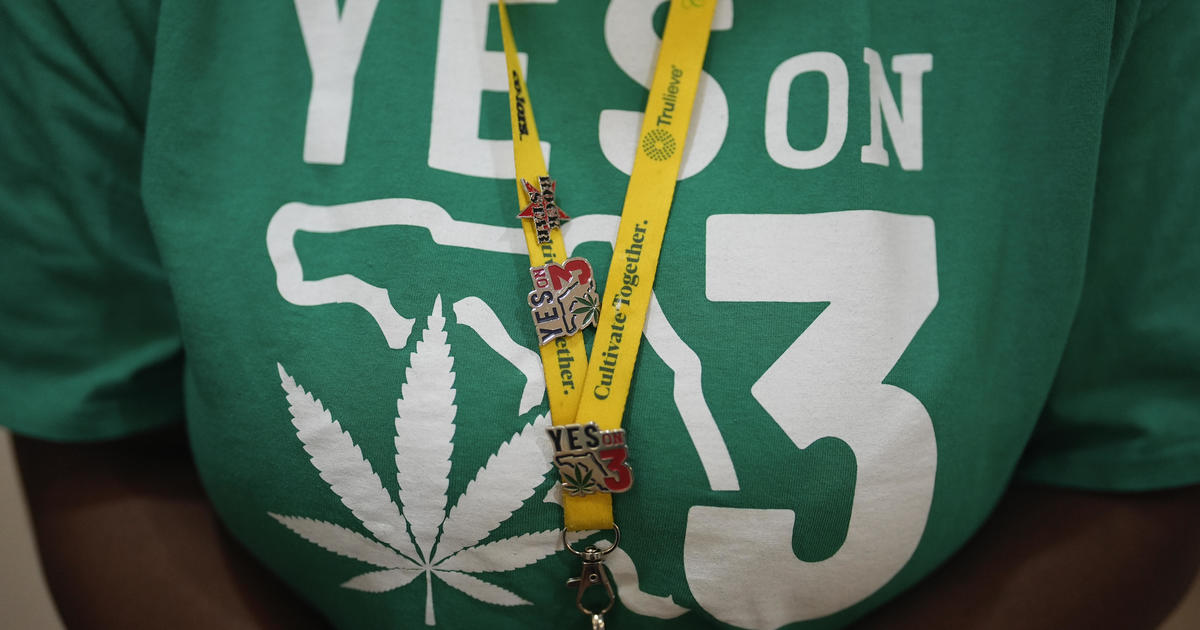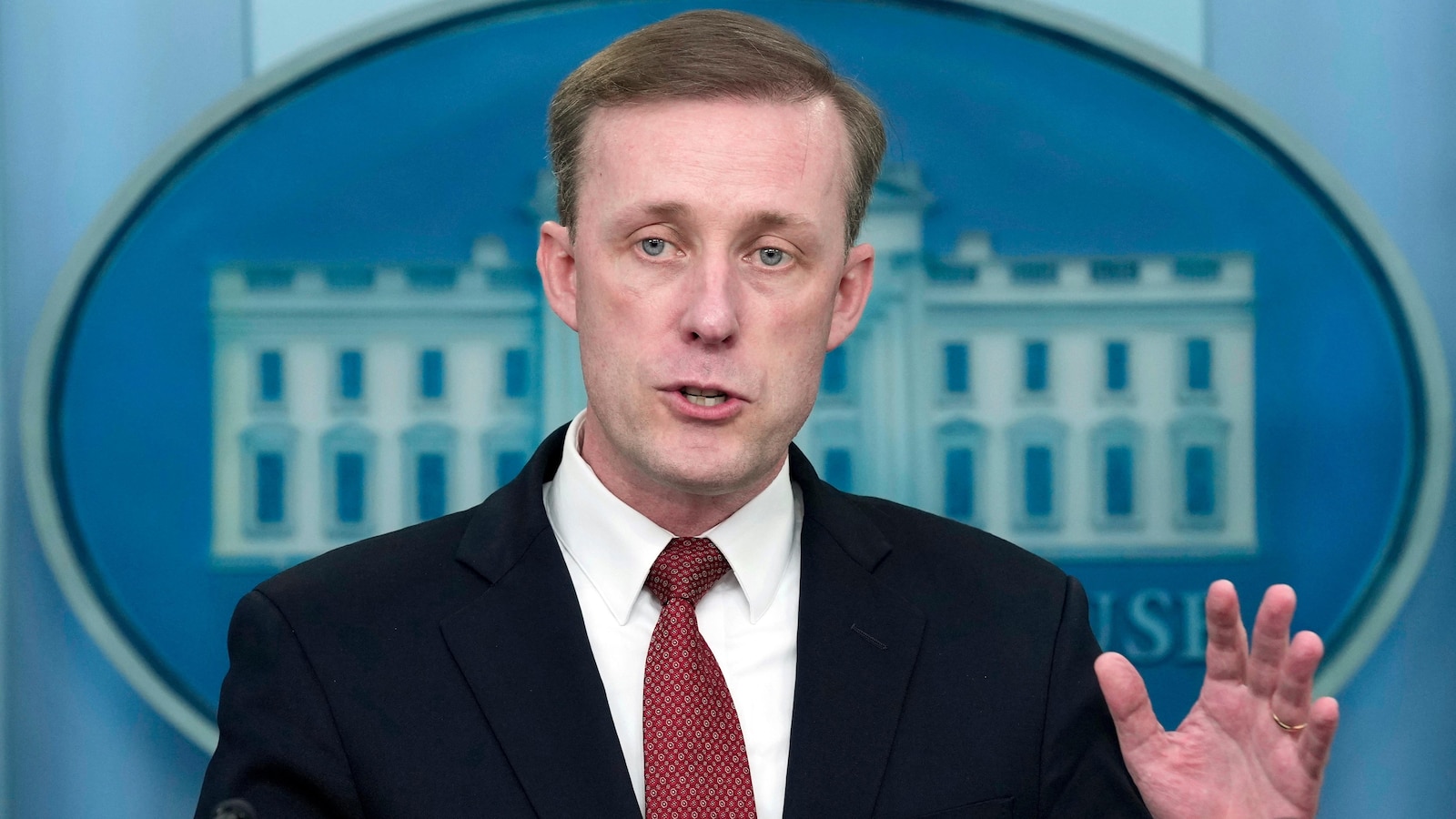[ad_1]
Legalizing marijuana at the national level is generally popular with Americans — 57% of people say marijuana should be legal for both medical and recreational purposes, while 32% say it should be legal for medical use only, according to a January Pew survey. Only 11% of Americans said it shouldn’t be legal at all. The issue is one presidents have largely ignored, but Vice President Kamala Harris and former President Donald Trump have talked about the issue during the 2024 campaign.
Here are the views they’ve expressed so far on marijuana legalization.
Trump on marijuana legalization
Trump hasn’t said he’d support legalizing recreational weed nationally. During his 2016 campaign, Trump suggested he was in favor of leaving the issue with the states. In October 2015, Trump said marijuana legalization “should be a state issue, state by state.” As president, Trump’s administration continued to uphold the federal prohibition of marijuana use.
As a part of his 2021 budget, Trump proposed ending a federal policy protecting state medical marijuana programs from any Justice Department intervention.
Trump has said he’d vote to legalize recreational weed in Florida
Trump said in September that he would vote for a Florida ballot measure to legalize recreational marijuana use. Other Republicans, including Florida Gov. Ron DeSantis, oppose the measure. The amendment would legalize the recreational use of marijuana for people 21 years and older, allowing people to have up to about three ounces at a time.
“As I have previously stated, I believe it is time to end needless arrests and incarcerations of adults for small amounts of marijuana for personal use,” Trump wrote on his social media platform, Truth Social. “As a Floridian, I will be voting YES on Amendment 3 this November.”
Former first lady Melania Trump has said she and the former president plan to vote in Florida on Election Day.
Trump has said he wants to continue research on medical uses of marijuana
Trump has also said he wants to continue research to “unlock the medical uses of marijuana to a Schedule III drug,” although the Drug Enforcement Agency announced earlier this year under President Biden that it would move marijuana from a Schedule I drug to a Schedule III drug under the Controlled Substances Act, meaning fewer restrictions. Schedule I drugs are considered to have no accepted medical use and a high potential for abuse. Other Schedule I drugs include heroin and LSD.
Schedule III drugs, which include those used for pain or appetite suppression, have a lower potential for misuse, but their use could result in psychological dependence. This category includes ketamine, lower doses of opioid analgesics and anabolic steroids, for instance.
“As president, we will continue to focus on research to unlock the medical uses of marijuana to a Schedule III drug, and work with Congress to pass common sense laws, including safe banking for state authorized companies, and supporting states rights to pass marijuana laws, like in Florida, that work so well for their citizens,” Trump wrote on Truth Social in September.
What is Kamala Harris’ stance on marijuana legalization?
Harris hasn’t made legalizing marijuana a central theme of her campaign, but she has said the drug should no longer be criminalized. Harris said she feels “strongly people should not be going to jail for smoking weed.”
“I just think we have come to a point where we have to understand that we need to legalize it and stop criminalizing this behavior,” Harris said during an interview on the sports and culture podcast, “All the Smoke.”
Harris prosecuted marijuana cases as district attorney
But after she was elected district attorney of San Francisco in 2002, Harris prosecuted marijuana offenses when the drug was still illegal in the Golden State. And her prosecution of marijuana crimes, including her prosecution of men of color, has been a criticism among some voters.
As California attorney general, an office she was elected to in 2010, Harris opposed allowing marijuana to be sold for recreational use.
Marijuana wasn’t legalized for recreational use in California until 2016.
Harris’ views on marijuana as U.S. senator
As a U.S. senator able to shape law instead of a prosecutor needing to follow existing law, her approach toward marijuana began to shift.
By 2015, when she was running for U.S. Senate, she told the San Francisco Chronicle she had “no moral objection” to legalizing the recreational use of marijuana.
And in 2019 as she was running for president, Harris introduced legislation to legalize marijuana and expunge nonviolent weed offenses.



